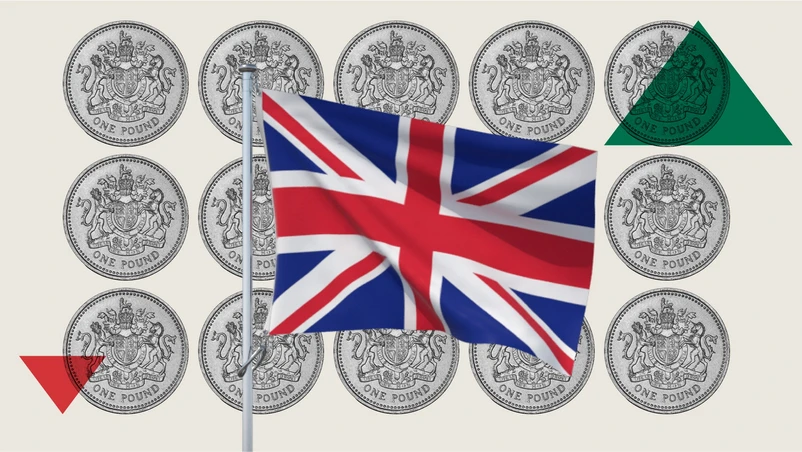UK posts flat retail sales growth in February; but outlook for consumer spending remains bright
Consumer spending remains in a better position at that start of 2024 than had been expected, despite today's figures

A flat performance on the month for the UK retail sales figures for February this morning, but which after January’s strong (upwardly revised) reading of 3.6%, still leaves consumer spending in a better position at the start of 2024 than had been widely expected.
Overall today's report is encouraging, showing that the strong start to the year for consumer spending has not stalled. But the fact that there was no additional momentum on top of January’s numbers may raise some concerns regarding the underlying strength of this good start to the year, particularly so given that today's numbers leaves the annual rate of growth in sales in February declining by -0.4% compared to the +0.5% reading seen last month. But given that February was the wettest month on record in the south of the UK, the impact of which would certainly have been to discourage consumers from venturing to shops and malls, the omens look good that March will see a resumption of January’s strong performance. Indeed, even if spending remains flat over March, volumes will still show overall Q1 growth of some 1.7%, the strongest quarterly performance since mid-2021, when lockdown restrictions were finally lifted.
Today’s numbers will further boost expectations that the UK economy has already recovered from the technical recession recorded in H2 last year, as falling inflation, wages growing in real terms, and the cuts in personal taxation introduced by the government, all work together to boost consumer spending power. And the outlook going forward is starting to look materially brighter too. Inflation is expected to continue to fall sharply over the next few months, potentially to the extent that it will undershoot is 2% target, while further tax cuts may yet be implemented by the government as it tries to woo voters in the run up to the next general election. And all those on low incomes will receive a substantial boost to pay next month when the national minimum wage is increased by nearly 10%, an increase which may employers of low-wage workforces have pledged to match.
Discounting the potential for any further tax cuts, the Office for Budget Responsibility (OBR) has calculated that the changes to taxes and benefits announced so far will boost year-on-year real disposable household incomes by just under 1% in the forthcoming fiscal year. And the drags on consumption are also finally starting to weaken, as the lower interest rates expected to be seen from this summer are already working to bring down mortgage costs, while at the same time discouraging saving, as deposit account rates similarly start to fall.
However, while today’s report is generally good news, reasons for caution remain. Similar figures from the British Retail Consortium showed sales in February growing by only 1.1% (https://www.equiti.com/sc-en/news/breaking-data/latest-british-retail-consortium-report-paints-a-picture-of-a-rain-soaked-hit-to-spending-in-february/), their slowest pace of growth for some 18 months and suggesting that there is more than just February’s wet weather discouraging consumers from spending. And real time data, such as credit card spending figures, is showing spending in January and February growing at a slower pace that the rate of inflation; the figures for February, in particular, showed annual credit card spending growing by just 1.9%. Accordingly, it will require a few more months of data before it can be claimed with any confidence that UK consumption has definitively turned a corner - which in an economy where domestic demand accounts for some 70% of GDP, is hugely important.









